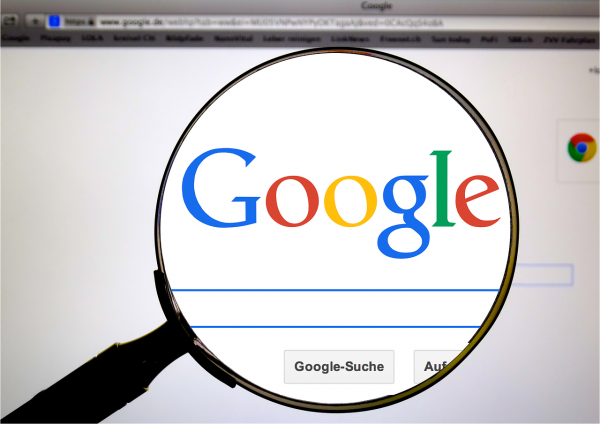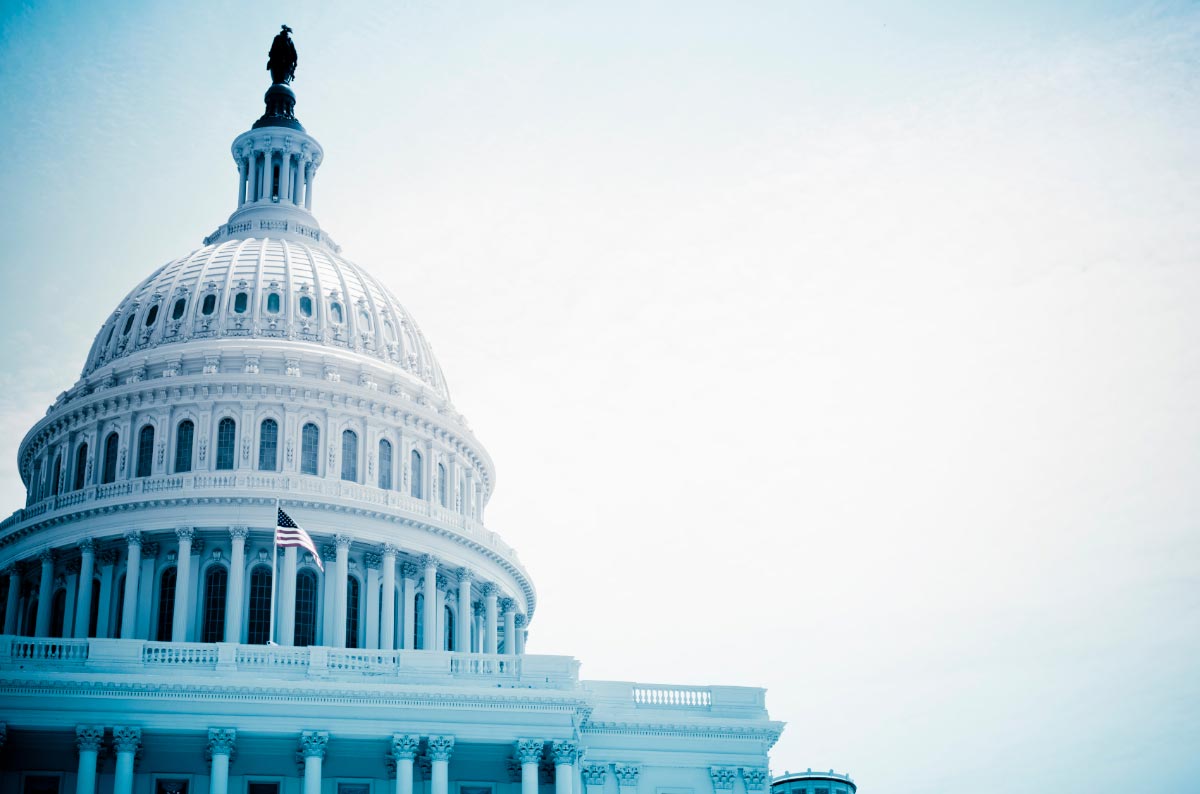 Parler
Parler Gab
Gab
- Google is refusing to integrate fact-checking into its search results or YouTube videos, defying the EU’s updated Disinformation Code of Practice under the Digital Services Act.
- The company argues that mandatory fact-checking measures are “not appropriate or effective” and instead highlights its existing content moderation tools as sufficient to address misinformation.
- Google’s decision reflects a broader trend among tech companies, including Meta, to scale back fact-checking efforts in favor of crowdsourced models like X’s Community Notes.
- The EU’s Disinformation Code, initially voluntary, is now being enforced as mandatory under the DSA, but tech companies have been criticized for partial compliance and insufficient transparency.
- Google’s stance raises concerns about the spread of misinformation ahead of critical 2024 European elections, with critics warning it could undermine efforts to combat disinformation during pivotal political moments.
Big Tech rebelling against EU's anti-disinformation regulations
The EU’s Disinformation Code of Practice, first introduced in 2018, was designed as a voluntary framework for tech companies to self-regulate and combat misinformation. However, a 2024 study published in the Internet Policy Review found that companies were "only partly compliant" with the code, with reports often lacking detail or providing incomplete data. The European Commission has since pushed to convert the voluntary guidelines into mandatory rules under the DSA, which took effect in 2022. Google's refusal to comply comes at a critical juncture, as Europe prepares for a series of major elections in 2024, including parliamentary votes in Germany, Poland and the Czech Republic. These elections will serve as a litmus test for how well tech platforms can manage so-called misinformation without stricter regulatory oversight. Critics argue that Google's decision to abandon fact-checking commitments could exacerbate the spread of disinformation during these pivotal moments. Watch this clip from InfoWars warning about how the EU Commission is expected to react if the "wrong" party wins the German federal election. This video is from the InfoWars channel on Brighteon.com.More related stories:
Europe's war on FREE SPEECH is igniting a revolution, as populist movements demand truth, freedom and accountability. Mike Adams and Team AGES: Zuckerberg's shift from censorship to freedom could spark TRUTH revolution. Meta's free speech shift has sent shockwaves through Europe's political establishment. Telegram's Pavel Durov: EU has stricter media controls than Russia. Big Government vs. Big Tech: Justice Department outlines proposal to break up Google. Sources include: ReclaimTheNet.org Axios.com SearchEngineJournal.com NewRepublic.com Brighteon.comTrump’s DOGE saves $1 BILLION daily
By Willow Tohi // Share
US technocrats are struggling to compete with China’s Deepseek, and are seeking any reason to ban it
By Lance D Johnson // Share
De-weaponizing the federal government
By News Editors // Share
Trump announces plans to OVERHAUL or ABOLISH FEMA
By Ava Grace // Share
U.S. foreign aid freeze: Trump administration halts billions in assistance
By Belle Carter // Share
Governments continue to obscure COVID-19 vaccine data amid rising concerns over excess deaths
By patricklewis // Share
Tech giant Microsoft backs EXTINCTION with its support of carbon capture programs
By ramontomeydw // Share
Germany to resume arms exports to Israel despite repeated ceasefire violations
By isabelle // Share









